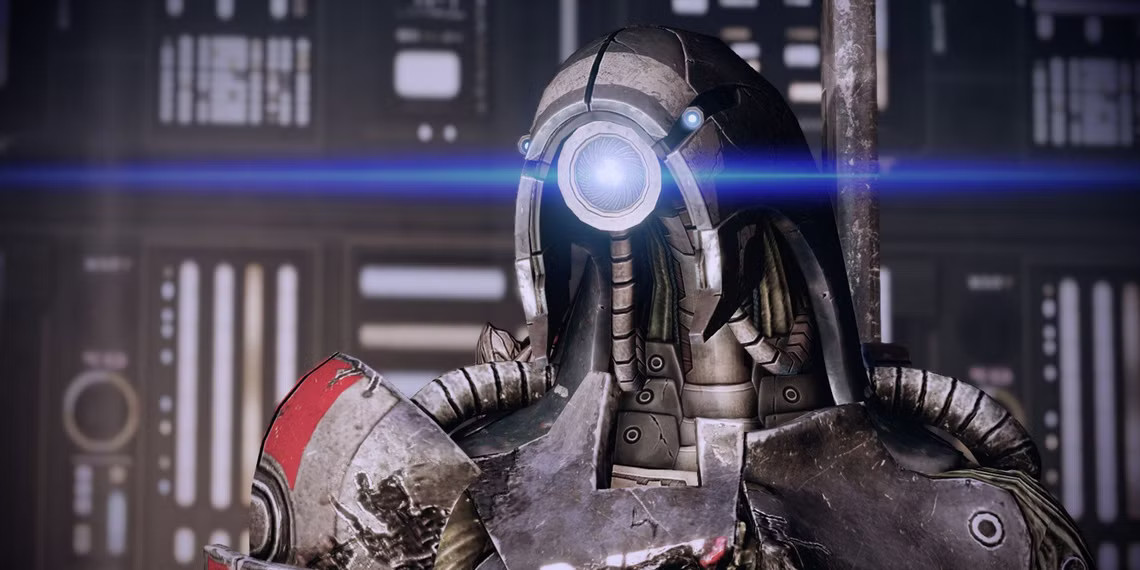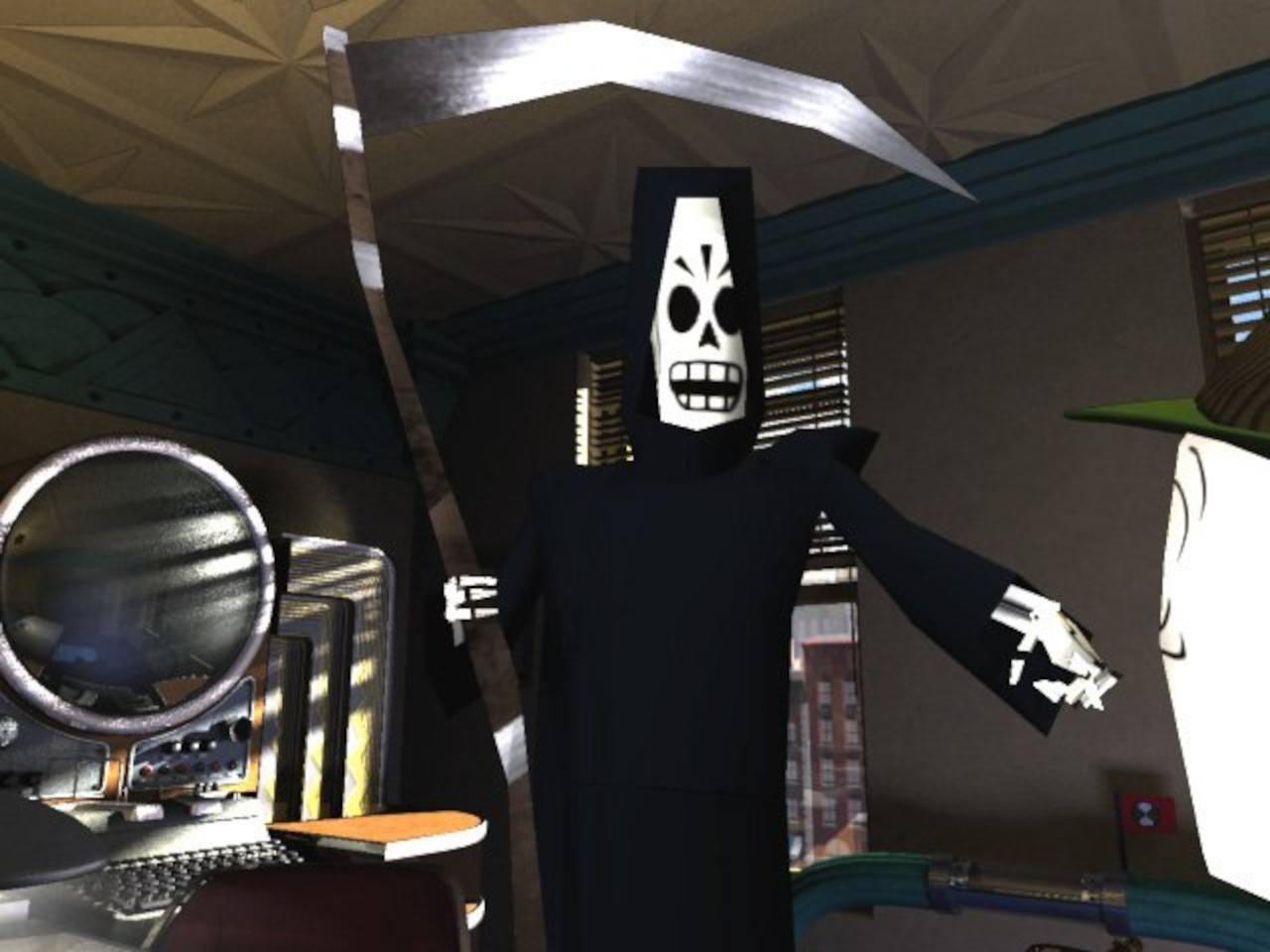There’s a couple of things I learned from Flower. First of all, PSN games can rival or even exceed their more expensive boxed counterparts in technical accomplishment. Second, I should not keep my house plants caged in pots, as they yearn to live out in the wild. I tried setting them free but that didn’t go so well. (lol) Flower by That Game Company is yet another game that falls under the “games as art” category. Video games as an intentional art form is really only a recent phenomenon. LucasArts gave birth the this concept in my opinion with their adventure games but art games only came into their own in probably the last five years. Okami being one of the more well known examples. This change is primarily due to contemporary gaming moving further away from being only the persuit of children and teens to a more adult focus. PSN seems to attract a lot of these art house titles, such as PixelJunk Eden, Echochrome, Tori-Emaki, and Noby Noby Boy. While Wii and Xbox 360 have latched on to retro and causal gaming through their respective stores, Sony has really captured a whole host of indie developers who previously found it prohibitively expensive to release their products to a wide audience. This shift is how you get the unique titles that I’ve mentioned above. When Flower was originally announced, a lot of people weren’t really sure what to make of it, as is the case for many if not most indie titles. The premise was simple yet deceptively abstract. If a house plant could dream, what would it dream about?
Gameplay
In Flower, you pay as the wind, blowing a group of flower petals across the landscape. It uses arcade style flight controls and is one of the few PS3 games that uses SIXAXIS motion control exclusively instead of the analogue sticks. The PS3’s motion sensing function is probably the most underutilized feature of the console and having it as the only control scheme has led to some notable disasters. Lair being the most infamous example. The problem with SIXAXIS in other games is that the controls feel sloppy and non-responsive. Naturally, I was leery of Flower because of the past reputation of motion control. However, I was quite pleasantly surprised by how well it works in this game. You pitch and roll the controller into what ever direction you want to go. The controls are responsive and feel tight; like you’re controlling the game and not the other way around. The only other control in the game is the X button, which you hold down for the wind to blow. Release it and your petals will hover in place allowing you to look around with the camera, once again using the SIXAXIS.
There really isn’t much to this game. The first three levels involve reviving dead patches of grass in a field. Flowers on the ground will have a halo around them. You need to fly through them to activate them all and revive the dead field. That’s it. There’s no score, no time limit, you can’t die. That’s not to say there aren’t any challenges. In later levels, the environment will start to work against you. It’s vary simple but this game seems to suck you in with it’s vibrant colours and beautiful scenery. There are six levels in the game. The one major flaw with Flower is that it’s way too short. I figure it can be beaten in about two hours tops. You can argue that a lot of games from the 2D era were that short, such as the original Sonic the Hedgehog. However, we’ve come to expect a little more from our titles. It’s light on replay value though it does offer trophy support giving you some goals to strive for.
Technical
Flower is a technical masterpiece that really functions as a tech demo for the Playstation 3’s power. In most games, grass just fades into the background, modelled by textures or simple psudo-3D graphics. That Game Company took it to the next level. In Flower, every individual blade of grass in the field is fully 3D rendered and reacts to you and the environment in the same way it would in real life; by bending and swaying in the wind. The fact that there are thousands of such blades in the level turns an everyday thing into something wondrous. Other 3D models, such as the windmills, are more simplistic. However, they don’t have to be complicated. Environments are vary colourful and detailed. They give you a sense of calm and wonder while playing it. The audio is well suited for Flower, done in a new age, instrumental style. The audio is of the highest quality. The frame rates are silky smooth. The game runs at at least 1080i. No graphical anomalies were noticed.
Conclusion
Flower is an art house game, and thus isn’t for everyone. I suppose you could draw similar parallels to my criticisms of Echochrome in that there really isn’t much to the game and that the experience is short lived. Flower makes up for this though with it’s technical achievement, colourful visuals, and unique controls; it is a sharp contrast against the bland Echochrome. I admit I was sceptical at first after I had read some of the reviews. I don’t think any of us knew what to make of it. I think a demo would have been greatly appreciated. The only major flaw with Flower is that it’s too short. Just six levels isn’t enough. It’s a common complaint among reveiwers and those who have played the game. Granted, that’s not necessarily a bad thing as it signals that people want more. Hopefully, That Game Company will realize this and start publishing more substantial expansion packs. It would be a shame to leave this beautiful game as it is. Flower is a Playstation Network exclusive and can be purchased for $9.99. It weighs in at roughly 800mb.
What Works
-Beautiful graphics, individually modelled grass, and vibrant colours. A PS3 tech demo
-Finally a game where SIXAXIS controls work the way they should
-Easy to pick up and play
-Unique concept
What Doesn’t Work
-Too short and lacks replayability
Score: 8.5 out of 10




